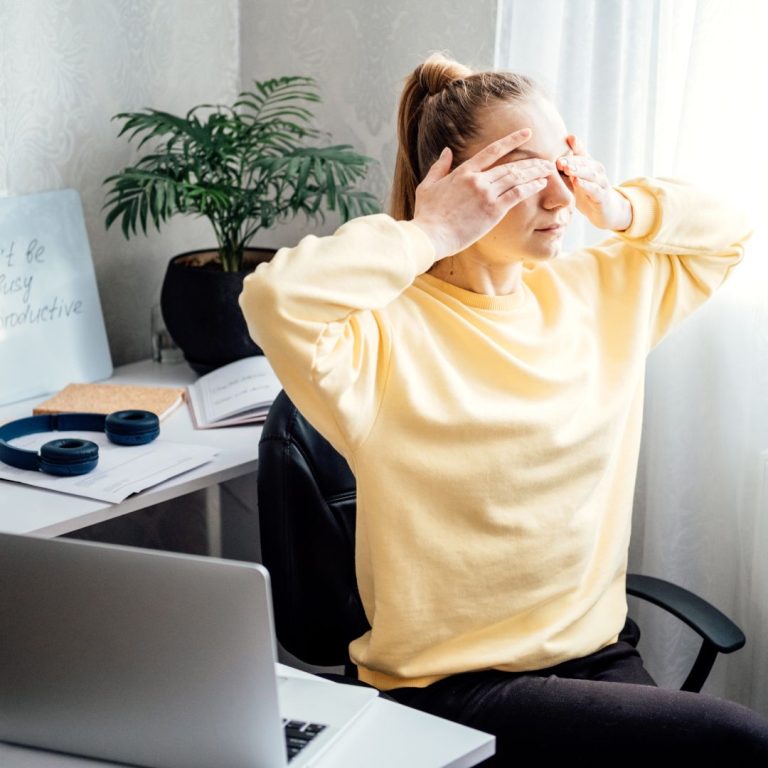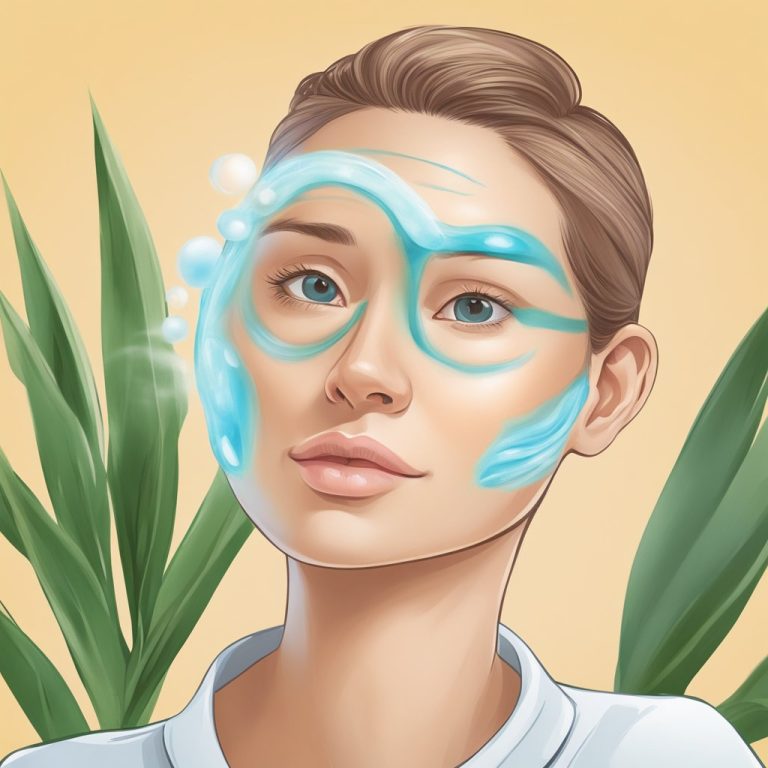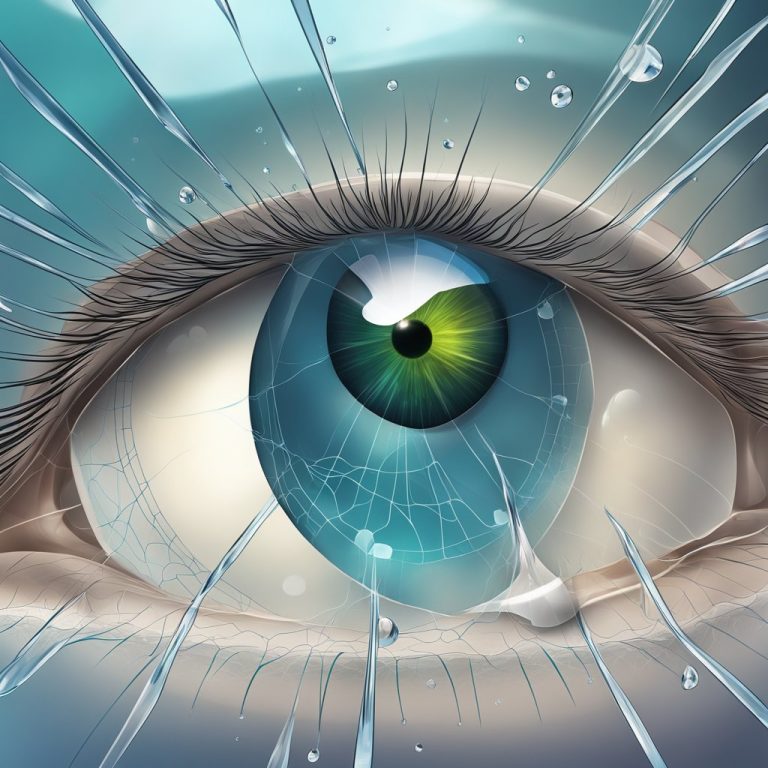How to Stop Eyes from Watering in the Wind
How to Stop Eyes from Watering in the Wind: Tips and Tricks

If you’ve ever been outside on a windy day, you know how uncomfortable it can be when your eyes start to water uncontrollably. While it’s a common experience, it can be frustrating and even painful.
In this section, we’ll take a closer look at why your eyes water in the wind.
Causes of Eye Watering
There are several reasons why your eyes may water in the wind, including:
- Wind Exposure: When you’re outside on a windy day, the wind can cause your eyes to tear up. This is because the wind dries out the surface of your eyes, which can cause irritation and trigger the production of tears.
- Allergies: If you have allergies, your eyes may be more sensitive to the wind. When allergens like pollen or dust come into contact with your eyes, they can cause irritation and trigger the production of tears.
- Dry Eye Syndrome: If you have dry eye syndrome, your eyes may be more prone to watering in the wind. This is because your eyes aren’t producing enough tears to keep them lubricated, which can make them more sensitive to wind exposure.
Dealing with Eye Watering
If you’re experiencing eye watering in the wind, there are several things you can do to help alleviate the symptoms.
- Wear Protective Eyewear: Wearing sunglasses or goggles can help protect your eyes from wind exposure, which can reduce the amount of tearing.
- Use Eye Drops: Artificial tears can help lubricate your eyes and reduce the amount of tearing. Look for drops that are specifically designed for dry eyes or allergies.
- Stay Hydrated: Drinking plenty of water can help keep your eyes hydrated, which can reduce the amount of tearing.
Preventive Measures
If you are prone to watery eyes in windy conditions, there are some preventive measures you can take to reduce your symptoms. Here are some strategies you can use:
Protective Eyewear
Wearing protective eyewear is an effective way to prevent wind from getting into your eyes. Consider wearing wraparound sunglasses or goggles that fit snugly around your eyes. These types of eyewear can help block wind and debris from entering your eyes, reducing the chance of your eyes watering.
Wind-Blocking Strategies
Another way to prevent watery eyes in windy conditions is to use wind-blocking strategies. You can use a scarf or a hat with a brim to help block the wind from your face.
If you are outside for an extended period, consider using a windbreaker or a jacket with a hood to protect yourself from the wind. You can also try to change the direction you are walking to avoid walking directly into the wind.
Environmental Adjustments
When it comes to stopping eyes from watering in the wind, making some environmental adjustments can go a long way. Here are a few things you can do:
Wear Protective Eyewear
Wearing sunglasses or windproof glasses can help protect your eyes from wind and debris. Look for glasses with a wraparound design that fits snugly to your face. This will help prevent wind from getting in around the edges of the glasses.
Use Moisture-Retaining Eye Drops
Using eye drops that retain moisture can help keep your eyes lubricated and prevent them from drying out. Look for drops that are specifically designed to combat dryness and irritation caused by wind and other environmental factors.
Stay Hydrated
Drinking plenty of water can help keep your eyes hydrated and prevent them from drying out. Aim to drink at least 8 glasses of water a day, and more if you are spending a lot of time outside in windy conditions.
Medical Solutions
If you are experiencing watery eyes due to windy conditions, there are several medical solutions that can help alleviate the symptoms.
Eye Drops
Over-the-counter eye drops can help relieve the symptoms of watery eyes caused by wind. Look for eye drops that are specifically designed to treat dry eyes, as these can help lubricate your eyes and prevent them from producing excess tears.
You can also use antihistamine eye drops if your watery eyes are caused by allergies.
When using eye drops, be sure to follow the instructions carefully. Wash your hands before applying the drops, and avoid touching the tip of the dropper to your eye or any other surface to prevent contamination.
Allergy Management
If your watery eyes are caused by allergies, there are several medical solutions that can help manage your symptoms.
Your doctor may recommend allergy medications such as antihistamines, decongestants, or corticosteroids to help reduce inflammation and prevent excess tear production.
In addition to medication, there are several other steps you can take to manage your allergies and prevent watery eyes.
Avoid exposure to allergens such as pollen, dust, and pet dander as much as possible. Keep your home clean and dust-free, and use air filters to help remove allergens from the air.
You can also wear wraparound sunglasses to help protect your eyes from wind and airborne allergens.
Frequently Asked Questions
What can be done to prevent eyes from tearing up in windy conditions?
To prevent eyes from tearing up in windy conditions, it is recommended to wear glasses or goggles that provide a barrier against the wind.
Wraparound sunglasses or goggles that fit snugly around the eyes can help. Additionally, wearing a hat with a brim can also help to reduce the amount of wind that reaches the eyes.
Are there any specific glasses or goggles recommended to shield eyes from the wind?
Glasses or goggles that fit snugly around the eyes are recommended to shield eyes from the wind. Look for glasses or goggles that have a wraparound design and provide a seal around the eyes. Some glasses or goggles may have foam padding around the edges to provide additional protection from the wind.
What are effective home remedies for managing watery eyes due to wind exposure?
There are several home remedies that may help manage watery eyes due to wind exposure.
Applying a warm compress to the eyes can help to relieve discomfort and promote tear drainage. Additionally, using eye drops or artificial tears can help to lubricate the eyes and reduce dryness, which can contribute to watery eyes.
Can certain makeup techniques help minimize eye watering in windy environments?
Applying waterproof mascara or eyeliner can help to minimize eye watering in windy environments.
Additionally, avoiding eye makeup that smudges easily can help to prevent irritation and tearing. However, it is important to note that makeup alone may not be sufficient to prevent eye watering in windy conditions.
At what point should one seek medical advice for persistent watery eyes?
If you experience persistent watery eyes, it is recommended to seek medical advice.
Persistent watery eyes may be a sign of an underlying condition, such as dry eye syndrome or allergies. A healthcare professional can provide a diagnosis and recommend appropriate treatment.
What treatments are available for unilateral watering of the eye?
Unilateral watering of the eye, or watering of one eye, may be a sign of a blocked tear duct or other underlying condition.
Treatment options may include warm compresses, massage, or surgery to unblock the tear duct.
Consult with a healthcare professional for an accurate diagnosis and appropriate treatment.






